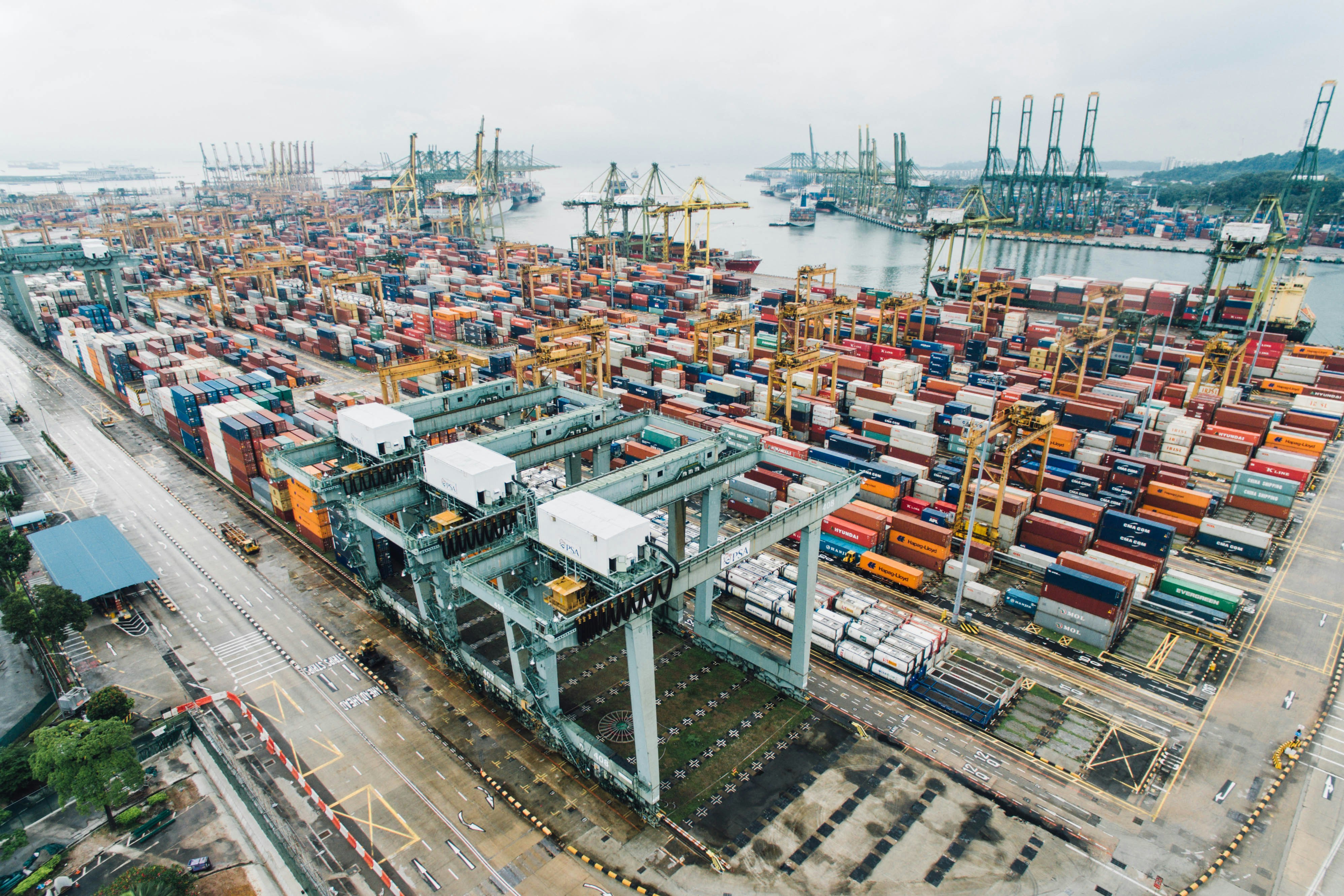
Unit economics is a critical concept in the logistics industry that helps businesses understand the direct revenues and costs associated with a particular unit of operation, such as per product, per shipment, or per transaction. This measure is essential for assessing the profitability and viability of logistic operations on a granular level.
Understanding unit economics is vital for making informed decisions that affect your company's bottom line. By breaking down costs and revenues to the smallest unit, you can pinpoint areas for improvement, increase efficiency, and ultimately enhance profitability. It helps in:
To calculate unit economics, you need to consider both the cost to deliver a service and the revenue that service generates. Here’s a simplified formula:
Unit Economics = Revenue per Unit - Cost per Unit
Suppose Karma Logistical Services handles the shipment of goods from India to the USA. The cost to ship each unit includes freight charges, labor, and customs duties. If the total cost per unit is $100 and the revenue per unit is $150, then the unit economics would be:
Unit Economics = $150 -$100 = $50
This $50 represents the profit per unit after covering the direct costs of shipment.
Understanding and optimizing unit economics can help you:
To dive deeper into how unit economics can impact your business and how Karma Logistical Services can help optimize your logistics operations, contact us today. We are here to help you understand and improve the financial health of your logistics activities.